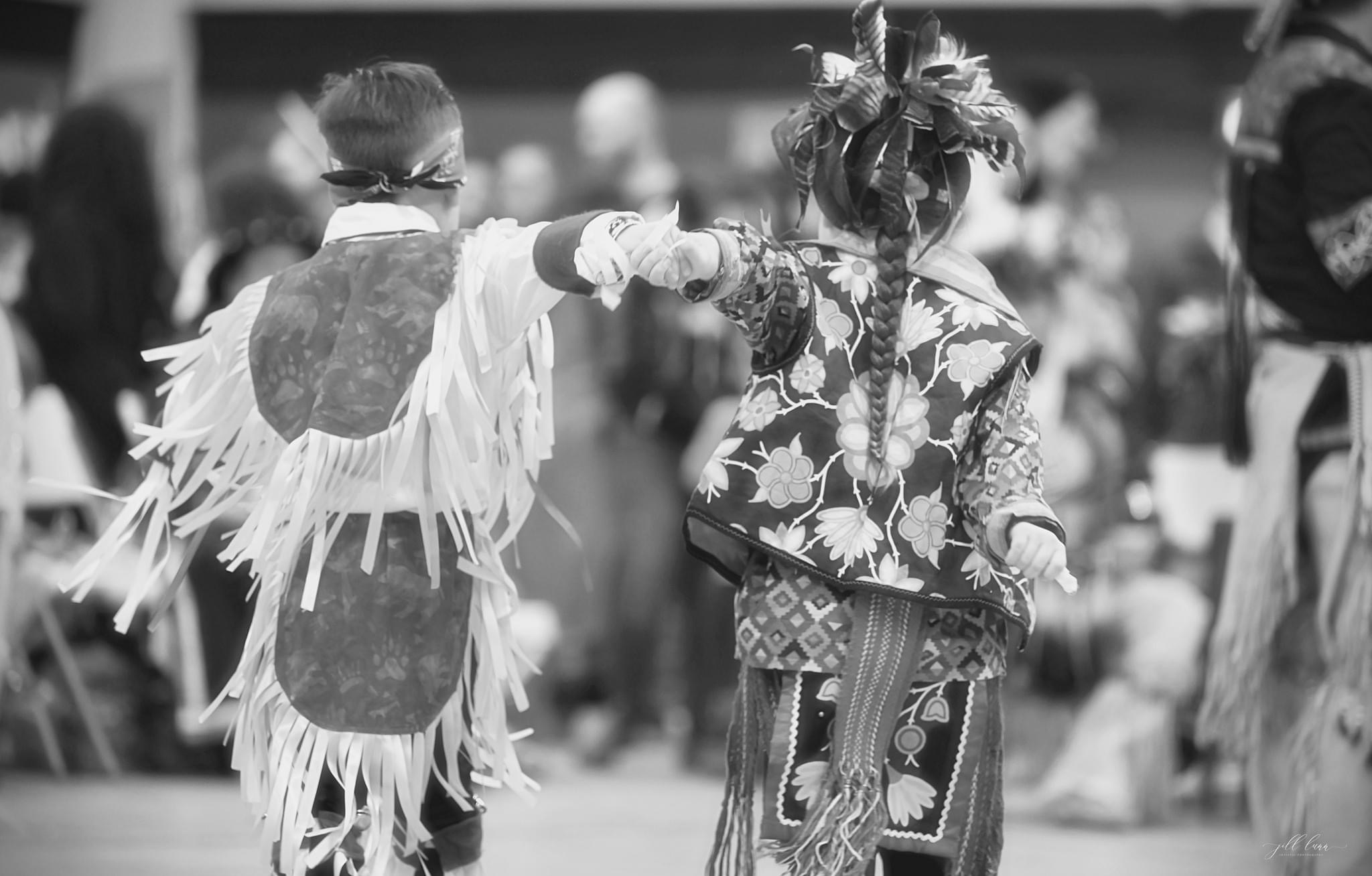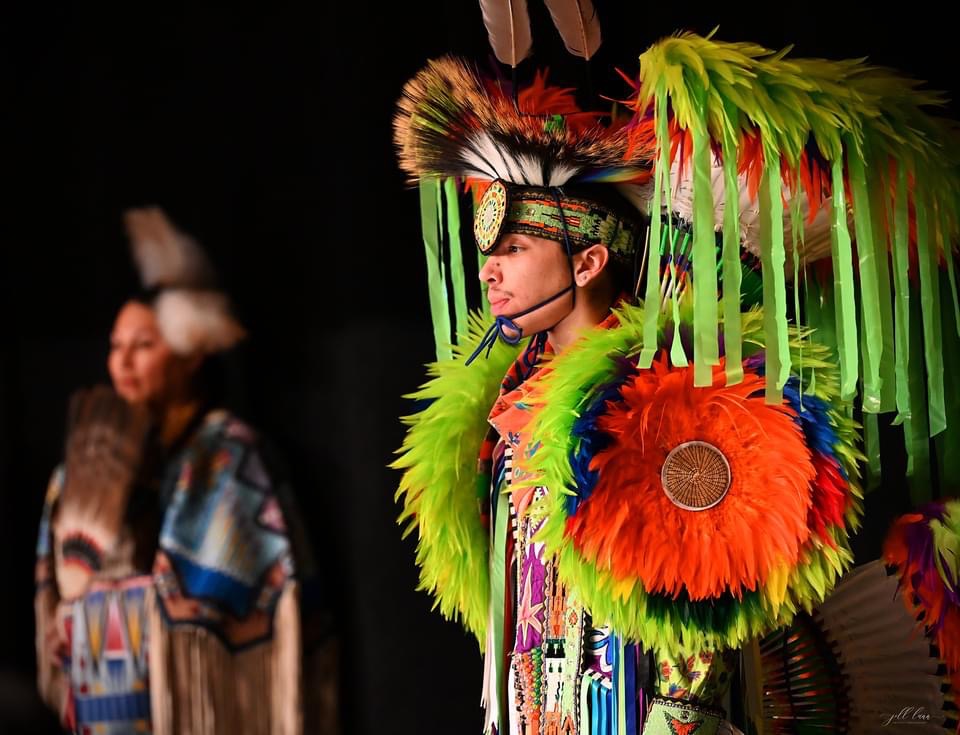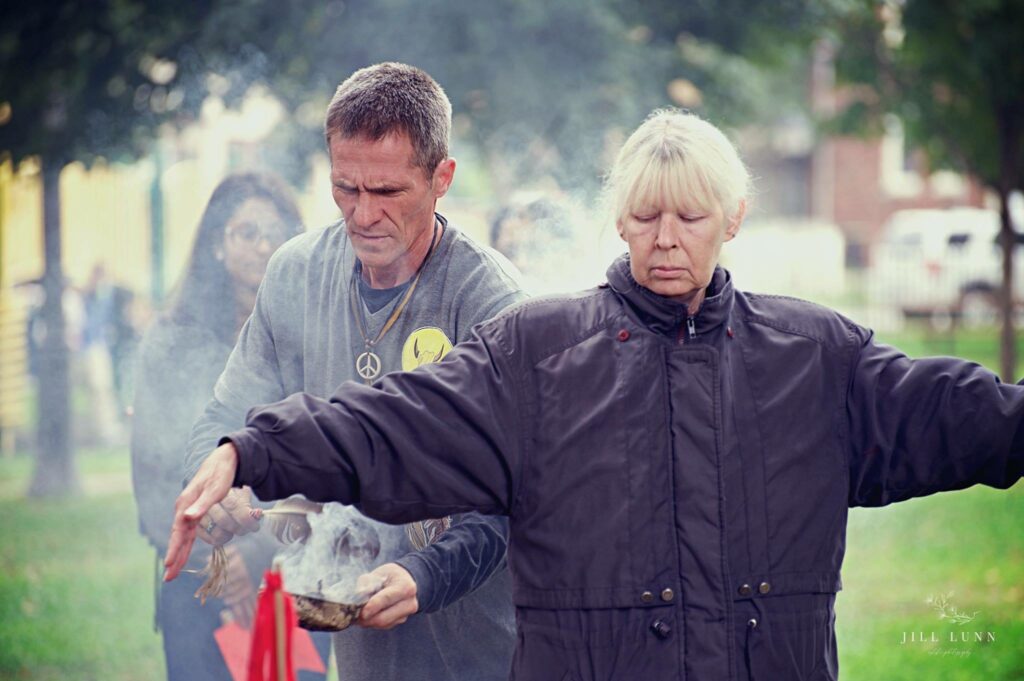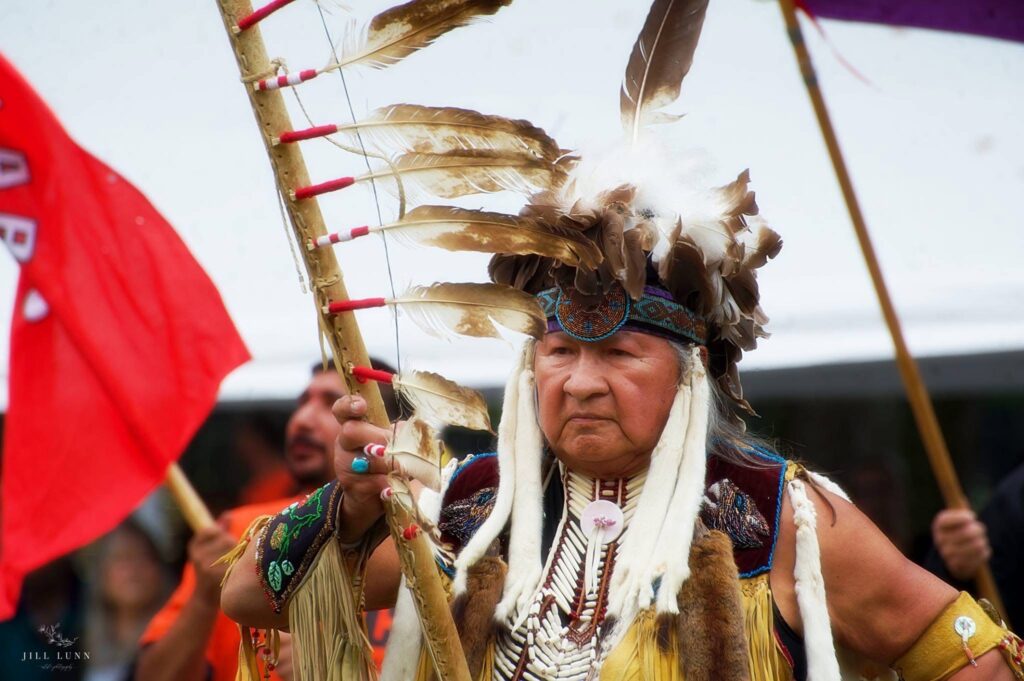Reconciliation Action Plan: June 2025 Update

Since releasing our Reconciliation Action Plan (RAP) in June 2024, we’ve learned valuable lessons and wrestled with uncomfortable truths. Part of our RAP commitment is to update the Catalyste+ community every year. Preparing for this year’s report sparked important and necessary reflection and discussion.
Our sobering realization was that actions taken without the proper thoughts and heart behind them can quickly become tokenism. It opened us to questioning and self-exploration, as an organization and as individuals.
Why is reconciliation important to us, and what does it really mean?
What part does Catalyste+ play as an economic development organization?
How do we balance relational healing and economic reconciliation?
Though reconciliation is unique to Canada, how does it impact our international work?
How will we continuously engage and invite staff, board, and advisors to walk with us?
We don’t have all the answers. Nor do we pretend to.
What we do have, though, is an enduring commitment to listening, learning, and growing.
The most important lesson we’ve learned this past year is that reconciliation is a lifelong journey. It will continuously evolve as we deepen our understanding, expand our beliefs, and intentionally shift our approach to our relationships – and our work – with Indigenous Peoples in Canada.
In response to the 92nd Call to Action in the Truth and Reconciliation Commission, our RAP includes 43 action items, which we approach with both caution and purpose. We must be careful not to reduce these commitments to a checklist. As problem solvers, we have a natural tendency to focus on getting things done efficiently, but reconciliation must be treated differently.

Photo by Jill Lunn
Instead of pushing forward fueled by good intentions, we’re slowing down to be more deliberate in our actions and meaningful in our approach.
We’re grateful for Jill Lunn, a recent addition to the Catalyste+ Leadership Team, who asked the critical questions to prompt us toward deeper reflection. While she shared her perspective as an Indigenous woman, we realized the gaps between our plans and the many diverse approaches to reconciliation.
For purposeful progress, we must first clarify our intentions. That’s our focus for the year ahead.
We’re in the early stages of forming an Indigenous Advisory Council. To ensure our actions are both substantial and meaningful, we must be better informed by Indigenous ways of knowing and doing. It’s a space for Indigenous voices to be heard, rooted in the Indigenous directive of “nothing for us, without us”. We will look to this group to help shape the vision and align our RAP ambitions with consequential outcomes.

Photo by Jill Lunn
We continue to learn more about the significant challenges of the inherited systems, policies, and barriers that harm Indigenous Peoples in Canada. It’s not just “unfair”; the injustices have been, and continue to be, intentional, systemic, and institutionalized.
Repairing the harms and undoing their impact must also take an intentional approach.
As said before, we’re problem solvers by nature. Most of the Catalyste+ community likely sees themselves that way. Let’s remind ourselves that the best solutions come from a full understanding of the problem. In business, rushing into action can lead to frustration and waste. With complex issues, it’s better to go slow to go far.
Approaching reconciliation in this way means we need to challenge our assumptions, confront our biases, and listen to the uncomfortable truths. We’re past the point of blame and finger-pointing. We’re encouraging a collective shift to focus on understanding the long-term impacts of policies, practices, and beliefs to take informed actions.

Photo by Jill Lunn
We’re encouraged by the steps we’ve already taken.
Our 5-decade history working with Indigenous communities in Canada offers Catalyste+ a unique position. Listening and learning are ingrained in our approach. We’ve worked hard to honour and nurture relationships and demonstrate our commitment to supporting Indigenous self-empowerment. Our organization can be a neutral place for many nations (Indigenous and non) to seek advice and recommendations.
We’re also positioned and prepared to go where the government and private sector can’t or won’t. Our development model strengthens local economies and is tailored to meet local needs and goals. We help to transform problems into opportunities, which aligns well with the solutions economy and the broader goals of economic reconciliation.
We can influence significant changes for Indigenous communities to realize long-term, sustainable benefits from economic development projects. This can look like access to healthcare and permanent healthcare facilities, creation of accessible healing centers, programs and resources to address food insecurity, accessible educational opportunities within Indigenous communities, increased safety for women, and much more.
Catalyste+ has many key pieces in place. For that, we’re grateful.
Going forward, it will be critical to ensure our motivating forces and practices are always informed by Indigenous beliefs, cultures, and wisdom. At this stage of our reconciliation journey, we’re aligned with the following beliefs:
Reconciliation is messy and imperfect. We’re going to make mistakes, but we’ll use them as opportunities to learn.
Continuous learning is critical. Understanding the historical process of harm helps us understand what will be required in the process of rebuilding.
It’s not about us. Reconciliation is about equality, equity, and justice. It’s an active process of levelling the field and removing barriers.
Reconciliation will strengthen connection, consistency, and collaboration with Indigenous Peoples in Canada. It’s a new approach to these nation-to-nations relationships.
We are all part of the solution. Our economic development work supports Indigenous communities in accessing opportunities that non-indigenous people often overlook or take for granted.
Our long-term goal has always been to expand our RAP beyond a list of action items. Our priority, first and foremost, is to heal our relationship with Indigenous Peoples in Canada. Second, we will incorporate what we learn into our economic development work to honour people and cultures internationally. And third, we will be a more effective ally by sharing what we learn with non-Indigenous Canadians to encourage their active participation.
Reconciliation is uncomfortable, but it’s often in the discomfort that we learn our most valuable lessons.
To the Catalyste+ community, we invite and encourage you to walk with us on this journey towards reconciliation. Here are a few ways to get involved:
Review the Truth and Reconciliation Commission Calls to Action
Refer Indigenous peers to join the Catalyste+ Advisor community
Listen to Indigenous stories (books, podcasts, shows, etc.) that are by and about Indigenous people to humanize the journey and learn about the various cultures
Connect with our Indigenous & Northern Services (INS) team
Research and write proposals to increase resources and funding for our INS programs
Consider how you can give or create spaces for Indigenous voices to be heard in your existing spheres of influence
Read Impact Stories from our past projects with Indigenous clients and partners
Review the United Nations Declaration on the Rights of Indigenous Peoples
You can always refer to our Commitment to Reconciliation and RAP to consider ways to apply similar actions at home, work, and in your community. Thank you for walking with Catalyste+.
Donate Today
Your donation helps connect businesses, governments and community organizations with the skills and support to achieve their goals and contribute to inclusive growth. When you give to Catalyste+, you empower women and drive progress in harmony with nature. You’re helping people get what they need to improve their lives and build strong communities.